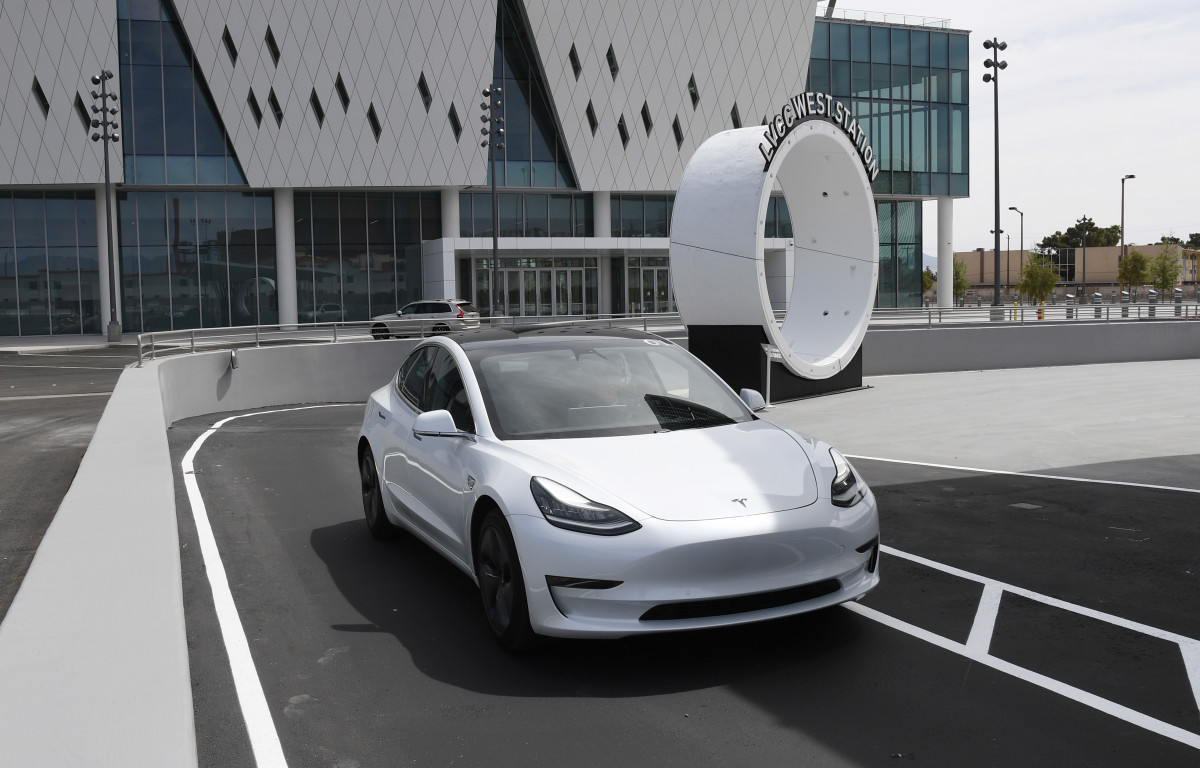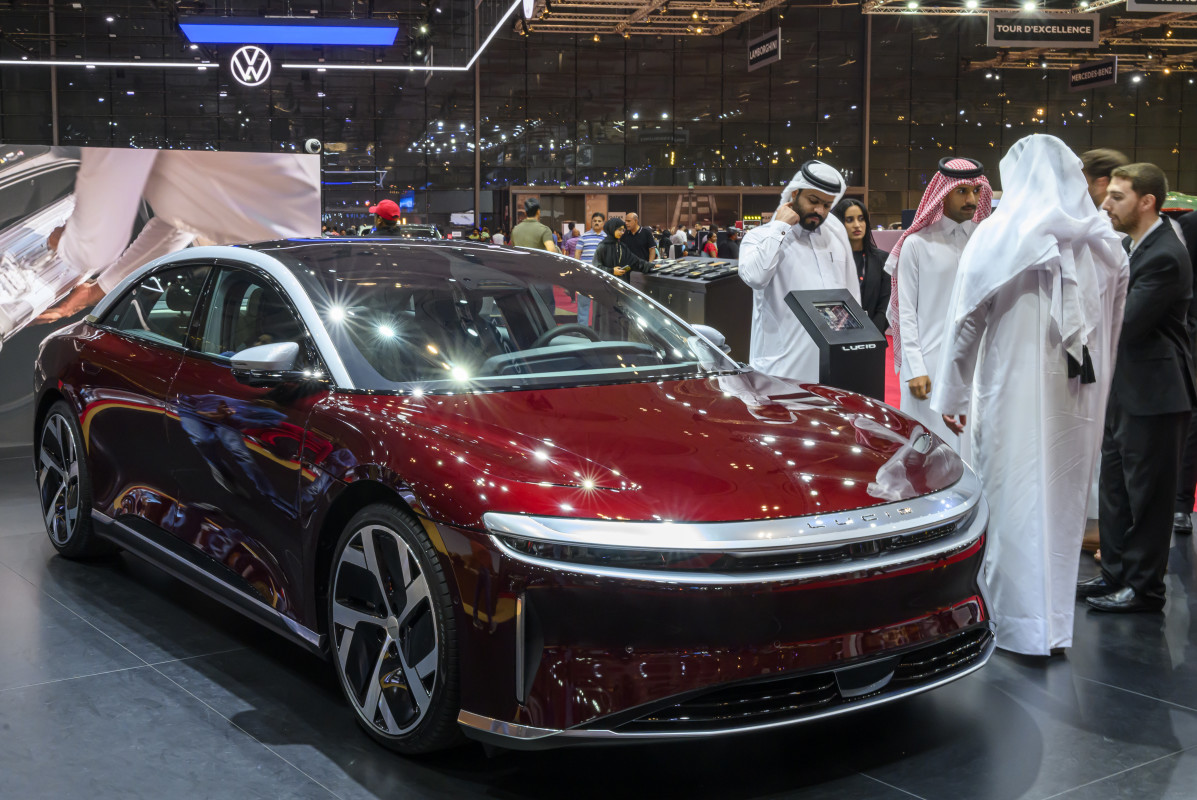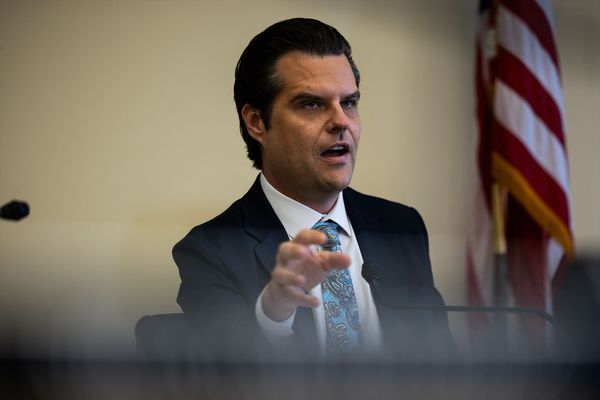
Across almost every segment of the electric-vehicle industry, demand seems to be slowing.
Hertz is slowing the electrification of its rental fleets, citing poor resale value and higher-than-expected repair costs.
General Motors GM has scrapped plans to develop a cheap EV with Honda, in addition to scrapping an earlier EV-production target of 400,000 vehicles by 2024. The automaker is additionally delaying the production of its coming EV line, which Chief Executive Mary Barra said would reduce costs and expand profitability.
At Ford F, where the EV division lost $1.3 billion during the third quarter, in a similar move said that it was postponing around $12 billion of investments in EVs.
And even Tesla TSLA, the indisputable EV king, has been struggling, reporting lower-than-expected deliveries and slashing prices in an effort to entice wary consumers.
Related: Top analysts break down the 'meltdown' of the global electric vehicle market
"The bottom line," former Ford CEO Mark Fields told CNBC, "is EV demand is cooling as the early-adopter phase wanes off."
"You've got a challenge in the industry," he added.
Deutsche Bank's lead auto technology analyst, Emmanuel Rosner, noted a slowdown in EV adoption. He said the EV market is in the midst of a "meltdown" as earnest investors deal with new expectations from automakers, which are treading a bit more softly when it comes to EVs.
Fields agreed, saying this meltdown is particularly potent with "new companies that "have come on and are solely EVs at very high price points."
Established automakers like Ford or GM, he said, will certainly face challenges ahead when it comes to electrification. But these automakers can rely for now on the business generated by their internal combustion engine vehicles to fund investments in EVs.

The EV-only companies, such as Lucid and Rivian, don't have that resource to fall back on.
And with EV demand where it is, Fields said, any automaker's decision to pull back its EV investments was a "rational approach."
"From where we stood six months ago, it's going to be a challenging time for everyone involved in the EV market right now," he said.
Related: Former Ford CEO has a blunt warning for the electric vehicle industry
EVs are still the future
Still, Fields is convinced that the transition to electric propulsion systems is inevitable. It's just a transition that is going to "take longer than everybody expected."
General Motors, he said, is pushing back its investments. But the company is sticking to its plan to produce one million EVs by 2025, an increase of around 10 times the company's current production.
The industry, Fields said, is still pointing toward electrification. It's just doing so more slowly. The main obstacles automakers still must overcome are cost and charging infrastructure, to assuage consumers' so-called range anxiety, the concern they won't have enough battery power to get where they're going.
"This is going to be an inexorable transition in terms of propulsion systems," he said.
Lucid, among the newer EV-only companies to which Fields referred, reported a net loss of $631 million for its third quarter. The company cut its production outlook for the year to a range of 8,000 to 8,500 vehicles, below earlier estimates of 10,000.
Action Alerts PLUS offers expert portfolio guidance to help you make informed investing decisions. Sign up now.







